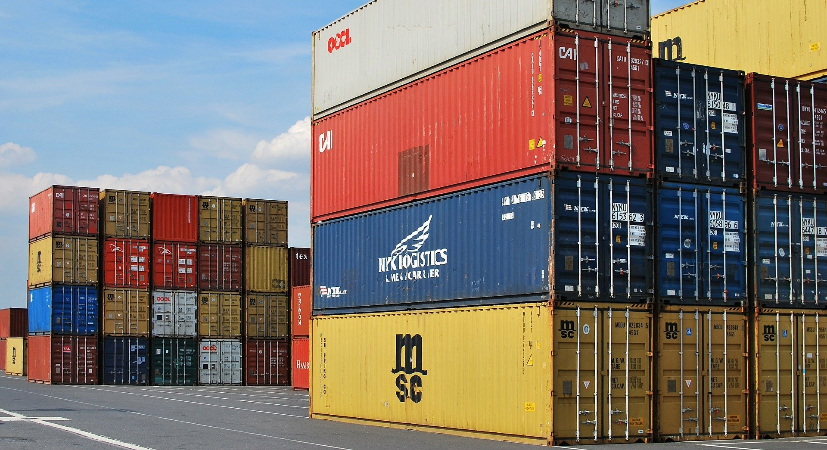
Despite blustery anti-trade rhetoric from some politicians on the right and left, Americans continue to believe that free trade is good for our country. Indeed, a recent public opinion poll released by the Ronald Reagan Institute contains significant findings about Americans’ support for trade. When asked to identify which policies should be a major focus of US foreign policy efforts, “negotiating favorable trade deals” received more widespread support than working to limit climate change, with 58 percent of Americans saying it should be a major focus. Support from Republicans was especially strong, with 66 percent agreeing. Only 8 percent of Americans said negotiating favorable trade deals should not be a focus at all.
Unfortunately, negotiating favorable trade deals has not been a major focus of the Biden administration.
Negotiations like the Indo-Pacific Economic Framework for Prosperity (IPEF) don’t even include tariff cuts as an objective. National Security Advisor Jake Sullivan said the fact that IPEF is not a traditional free trade agreement is a feature, not a bug, of the framework. U.S. Trade Representative Katherine Tai echoed this language: “The IPEF is designed not to include tariff liberalization, and I'm not embarrassed by that, I'm not on the defensive about it. This is a feature and not a bug.”
Failure to pursue tariff cuts is a bug and not a feature, as NTU has pointed out. House Ways and Means Chairman Jason Smith (R-MO) argued: “Fake trade deals that lack the force of law – like those the Biden administration has been pursuing – set up American farmers and miners for financial ruin.”
The Reagan Institute poll found that 57 percent of Americans would support a foreign trade agreement with countries in Asia if they knew that the agreement was designed to counter Chinese economic power. That’s a good reason why the United States should join the Comprehensive and Progressive Agreement for Trans-Pacific Partnership (CPTPP), like the United Kingdom just did. Sen. Jerry Moran (R-KS) was right when he said: “To best compete with China in Asia and to help Americans at home, joining the CPTPP and providing greater market access is the obvious place to begin.”
,/p.
When asked whether trade agreements help the United States, the results were mixed. According to 72 percent of Americans: “Trade agreements help the U.S. They allow for the purchase of goods at lower cost, making them more affordable for the average American, and open new markets for US businesses to sell products.”
However, 62 percent of Americans also agreed that: “Trade agreements hurt the U.S. American workers and companies have difficulty competing with countries that have looser labor laws and environmental standards, so jobs get shipped offshore and average Americans lose out.”
These seemingly contradictory responses suggest that while Americans support trade by wide margins when presented with the benefits, they remain susceptible to demagogues who make misleading claims about jobs being shipped offshore.
It is appropriate that the findings largely reflect the views of President Reagan, who believed that trade leads to change and progress, while protectionism means stagnation and decline. The Reagan Institute’s survey results show that Americans understand how important it is for the United States to resume our leadership on trade.

